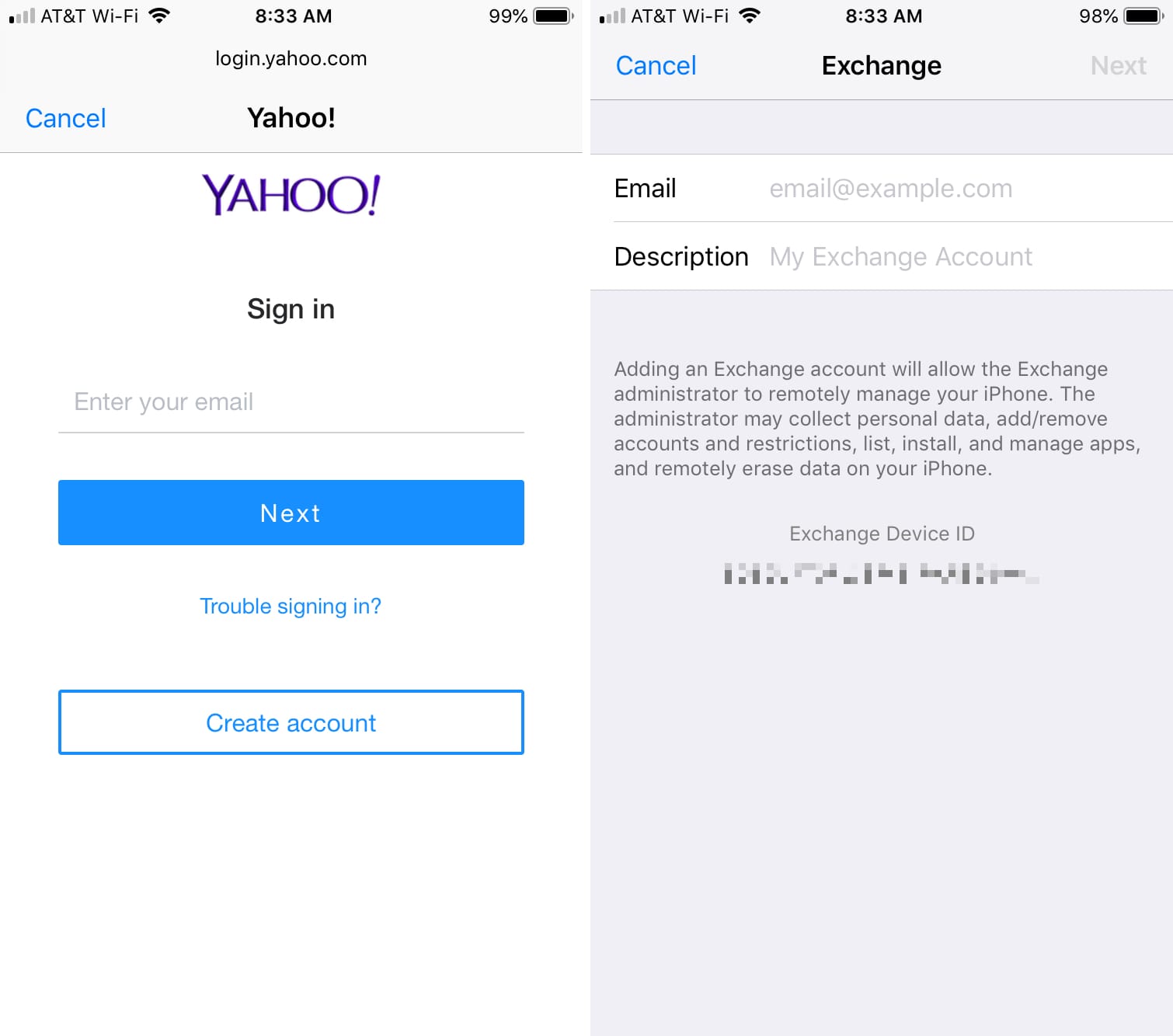
It's just not comfortable to reach all the way to the display when I can just use keyboard shortcuts or the touchpad. When I first started using the Chromebook, I found the touchscreen incredibly convenient for tapping icons on the taskbar to launch apps and some other interactions, but over the last few months, I barely touch the screen anymore. On Chromebooks, that's not the case at all.

If you've ever run Chrome on macOS, you know how taxing Google's software is on battery life. And by now, I've got my go-to keyboard shortcuts like S earch + left/right to go to the end or beginning of a line engraved in my memory. While I despise Google's decision to replace caps lock with a search key instead of putting it in the Windows or command key's place, I do like having dedicated browsing buttons at the top of the keyboard. The Chromebook's left and right three-finger swipe gesture to switch between tabs is also just perfect, though I don't find myself using it as often as I initially thought I would. I'm pretty happy that Chrome OS recently introduced a three-finger swipe-up gesture to access the overview screen, making multitasking much easier for me as someone who relies on Mission Control on Mac. I guess there's a reason MacBook trackpads are considered to be industry-leading.

The touchpad isn't too great, either, but it's serviceable. That's mostly thanks to HP's excellent keyboard and the laptop's sturdy exterior - I still do have my gripes with the weight and the relatively dark screen with its 16:9 form factor (I prefer 3:2).
It isn't fair to compare the build quality of a $1,000+ computer to one I got for about $500, but considering the price difference and the resulting compromises in design and material, the Chromebook holds up surprisingly well.


 0 kommentar(er)
0 kommentar(er)
